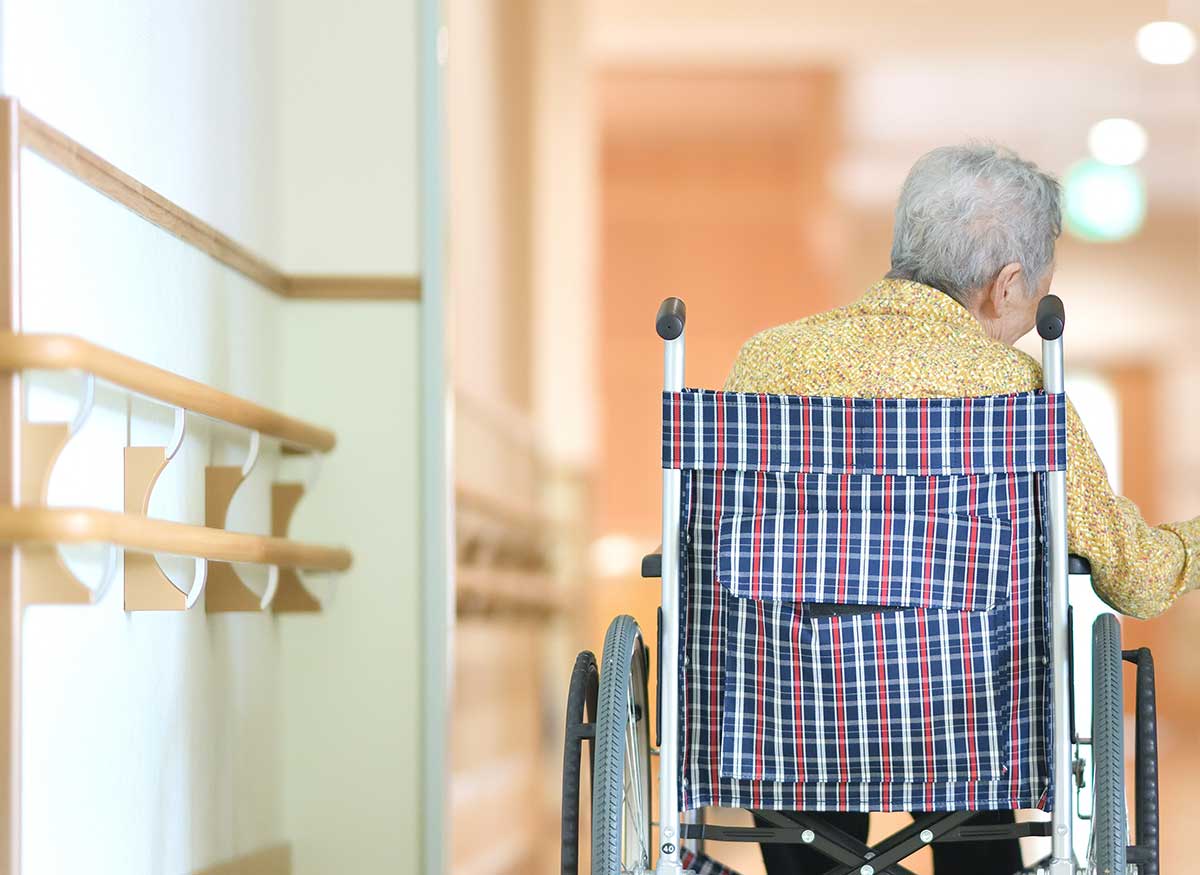COVID-19 antigen testing may not be the answer nursing homes were looking for, creating potential opportunities for clinical labs
Since SARS-CoV-2 antigen testing emerged as a potential testing methodology in early May 2020, it has been viewed by many as an ideal solution to providing wide-scale COVID-19 testing. Unlike PCR tests, COVID-19 antigen testing takes place at the point of care and provides results quickly, within 15-30 minutes. While these tests perform with less specificity than PCR tests, the mobility, rapid turnaround time, and low cost of testing equipment and supplies brings many to view SARS-CoV-2 antigen tests as a superior testing option, especially for nursing homes.
The US Department of Health and Human Services (HHS) even announced in July that it would provide COVID-19 antigen testing equipment and supplies to approximately 14,000 nursing homes across the United States. In fact, the federal government urgently committed billions in funding to support nursing homes toward national testing and provider relief, and spent at least $100 million to deploy rapid testing equipment to nursing homes. COVID-19 testing in nursing homes has long been a concern, and antigen testing has seemed like a promising solution to quickly and easily test patients and staff.
However, an informal federal survey of nursing homes recently revealed surprising information about the actual implementation of SARS-CoV-2 antigen testing, reports the Wall Street Journal (WSJ). According to this survey, nearly 30% of the facilities that received antigen tests and had testing equipment for at least two weeks have not used these tests. Additionally, 16% of nursing homes have used the antigen tests to test less than 20 times since receiving them.
Nursing Home Response to Rapid COVID-19 Tests
Reports cite multiple reasons that nursing homes are avoiding using COVID-19 antigen testing for screening patients and staff. For example, supply issues are a significant factor. Genesis HealthCare, the largest nursing home company in the US with about 350 facilities, has been unable to preorder testing supplies from antigen test manufacturers.

“We are very concerned about supply availability going forward,” Richard Feifer, MD, MPH, FACP, the Chief Medical Officer of Genesis HealthCare told the WSJ.
Another problem with the use of COVID-19 antigen testing in nursing homes arises because of conflicting information on how to best utilize these tests. Different localities issue different recommendations about testing asymptomatic patients. New Jersey, for example, recommends against using antigen tests for screening testing. “Antigen testing will result in a certain amount of missed disease [false negatives],” said David Adinaro, MD, M.Eng., FACEP, Deputy Commissioner of the New Jersey Department of Health in a recent statement. Adinaro also expressed concerns about potential false-positive results.
SARS-CoV-2 antigen testing reportedly has a higher rate of false positives than PCR testing. The US Food and Drug Administration (FDA) recently released a letter to healthcare providers specifically addressing the higher than expected number of false positives associated with these tests used in nursing homes.
FDA Recommendations for Accuracy of Results in COVID-19 Antigen Testing
While COVID-19 antigen tests are less sensitive than traditional PCR tests, there are also numerous user-influenced factors that affect the accuracy of test results. In early November, the FDA identified such factors and issued recommendations on how to remedy the issues. However, the higher number of false positives, especially in low-prevalence areas, also appears to be a driver for nursing homes in determining the usefulness of these tests.
The Centers for Medicare and Medicaid Services (CMS) maintains a Nursing Home COVID-19 Public File that pools data in relation to COVID-19. The CMS data point-of-care device allocation page, which was updated Nov. 19, 2020, offers more information.
Nov. 2 marks the final wave of POC testing device distribution (to approximately 1,360 nursing homes), according to CMS. With recent reports that almost half of nursing homes with SARS-CoV-2 antigen testing have not used the tests in any meaningful way, clinical laboratory leaders should understand that the recent implementation of COVID-19 antigen test systems in nursing homes does not necessarily mean these tests are being used.
Clinical laboratory leaders may benefit from reaching out to nursing homes that may be facing barriers to implementing COVID-19 antigen testing. These nursing homes may be more open to partnerships with clinical laboratories to provide testing with a higher specificity. The fact that many nursing homes are not using their antigen tests indicates that those who are using them may be more open to potential partnerships than labs would have initially anticipated.

—By Caleb Williams, Editor, COVID-19 STAT
Related Resources:
Fox Business: Many nursing homes shun free COVID-19 testing equipment







